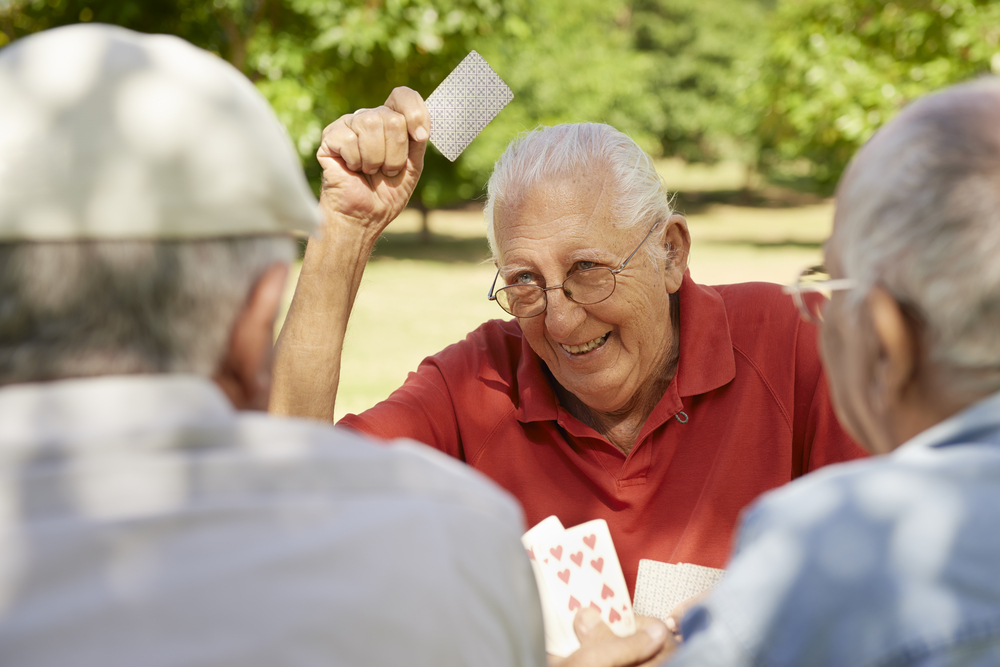I went hoarse shouting at my mother last week. “You really got into your building elevator with someone else?” She blamed the other person for standing in the middle of the elevator; I blamed her for getting in, putting herself at risk of catching the coronavirus.
By the time my 88-year-old father got to the phone, I remembered the researcher Brené Brown’s theory that vulnerability opens all doors. I would move my father by sharing my deepest fear. I told him I loved him. I said the thought of losing him was devastating. I asked him, “Dad, are you afraid?”
He laughed. “What’s to be afraid of? If I get it, Sayonara!”
Despite the virus’s heightened risk to older people, my parents seem inexplicably casual about it.
And I’m not alone. From every corner of our new virtual community, in Zoom cocktail hours, Google hangouts and private message boards, I’ve been hearing from fellow members of the sandwich generation fighting to persuade older loved ones to protect themselves from a potential death sentence from Covid-19.
“My mother’s still going to the market even though she has an aide,” said Claire Muirhead, a writer from Los Angeles, US, who recently recovered from Covid-19. “She’s 90. She knows how sick I was, and still, there’s no stopping her. I’m beside myself.”
We have good reason to worry. According to the Centers for Disease Control and Prevention, eight out of 10 deaths reported in the US have been in adults 65 years old and older.
“We can’t pretend this is not life or death,” said Tara Brach, a psychologist and the author of Radical Acceptance.
For those whose parents live independently, it is often a challenge to get our older loved ones to take the risks as seriously as we do. I caught my father-in-law, a radiologist, on his way out to play cards with friends in Boca Raton, Florida, one day before Florida issued its stay-at-home order.
“Just because they’re friends doesn’t mean they don’t have the virus,” I told him. He laughed and said, “We appreciate your concern.” And then he left for his game.
It turns out, according to experts, my approach was doomed to fail.
“If you go in with anxiety and with the innocent and loving intention to control, every human being on earth will push back against that,” said sociologist Martha Beck. “Earlier in your life, you were on the other side of this fighting-for-autonomy battle,” said David Fish, a therapist specialising in dialectical behavioural therapy. “Now aging parents are the ones struggling with others telling them what to do.”
Part of the problem, according to Claudia Haase, a psychologist and the director of the Life-Span Development Lab at Northwestern University, US, is that older adults may not experience the same level of threat as younger people do. “A massive body of scientific work has documented age-related shifts in the service of making negative emotions smaller and positive emotions bigger,” Haase says. “Older adults are often masters in turning their attention away from information that is threatening, upsetting and negative.”
The priority of older adults, Haase explains, is to make the most of their limited time on earth, and their highest value is social connection. “For them, being home alone with just their thoughts and nowhere to go can be a frightening place.”
Beck recommends a simple, practical approach for coping when older relatives don’t see the risks the way you do. She suggested being direct, providing solid reasoning and being clear about the consequences. “You tell them why you’re worried,” she said. “It has to be rational.” And you may have to acknowledge the worst-case scenario. “So it might be ‘Mom, you’re living in Florida, and you’re going to the beach. I cannot stop you. But if you get sick, I can’t come see you. And if you die, you may die alone. I won’t be there.’ This may sound harsh, but it’s true. Let them sit with the real possibility of what may happen.”
When all else fails, Brach espouses the art and power of radical acceptance, both for our loved ones and ourselves.
“Ultimately, you cannot control them,” she said. “They’re responsible for their living and dying.”
Once we understand that, Brach said, “You say to yourself, ‘I am afraid. I am helpless. I am feeling the grief of what could happen.’ And this is where the real pain is. You put your hand on your heart and offer compassion to the place in yourself that is helpless and fears the loss.”
The act of physically putting your hand on your heart is vital, Brach said, to coming to peace. “There’s a network of neurons in the heart area. When there’s warmth and pressure on it, it actually calms the sympathetic nervous system and reduces the fear centres in the brain.”










